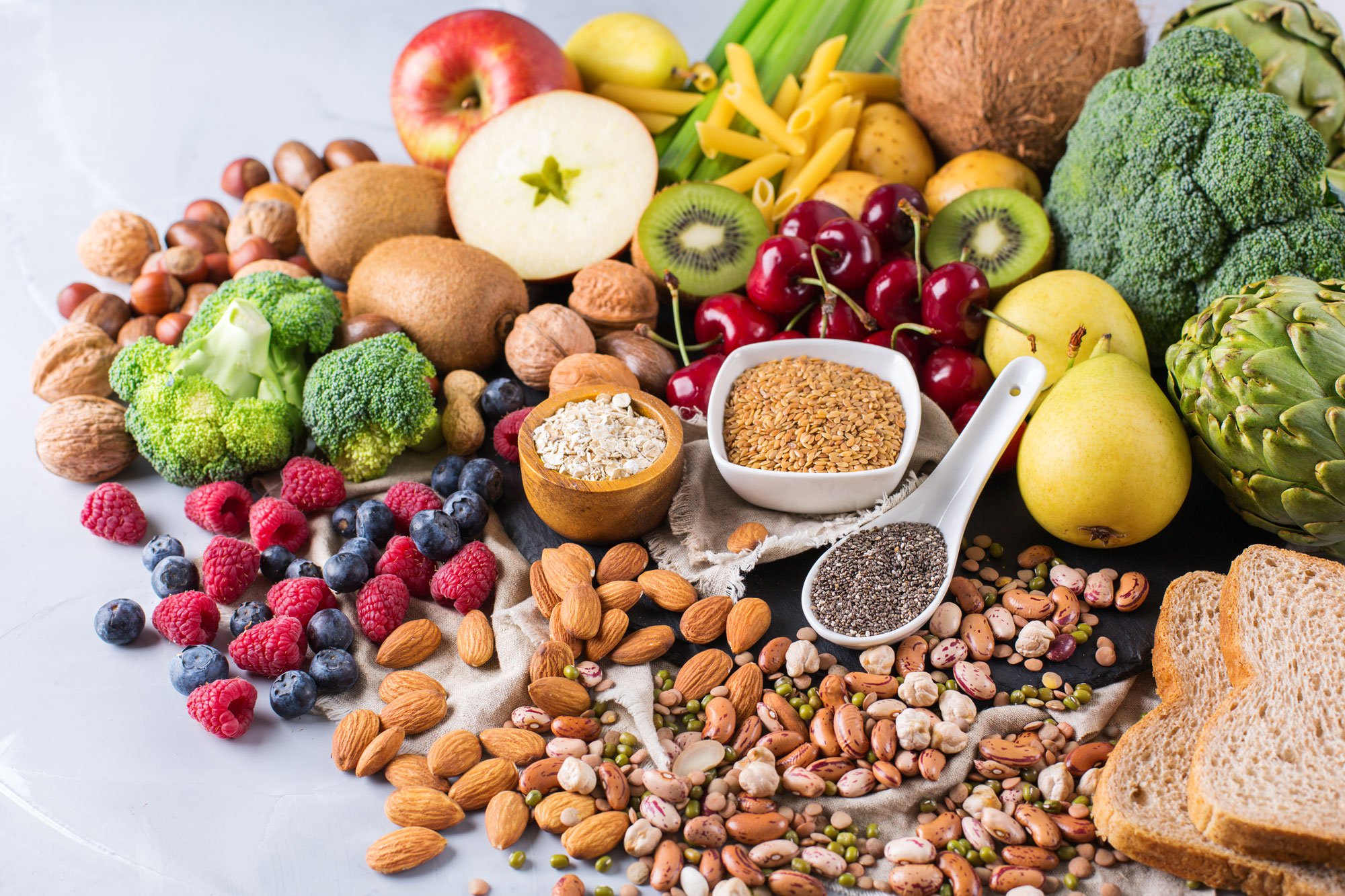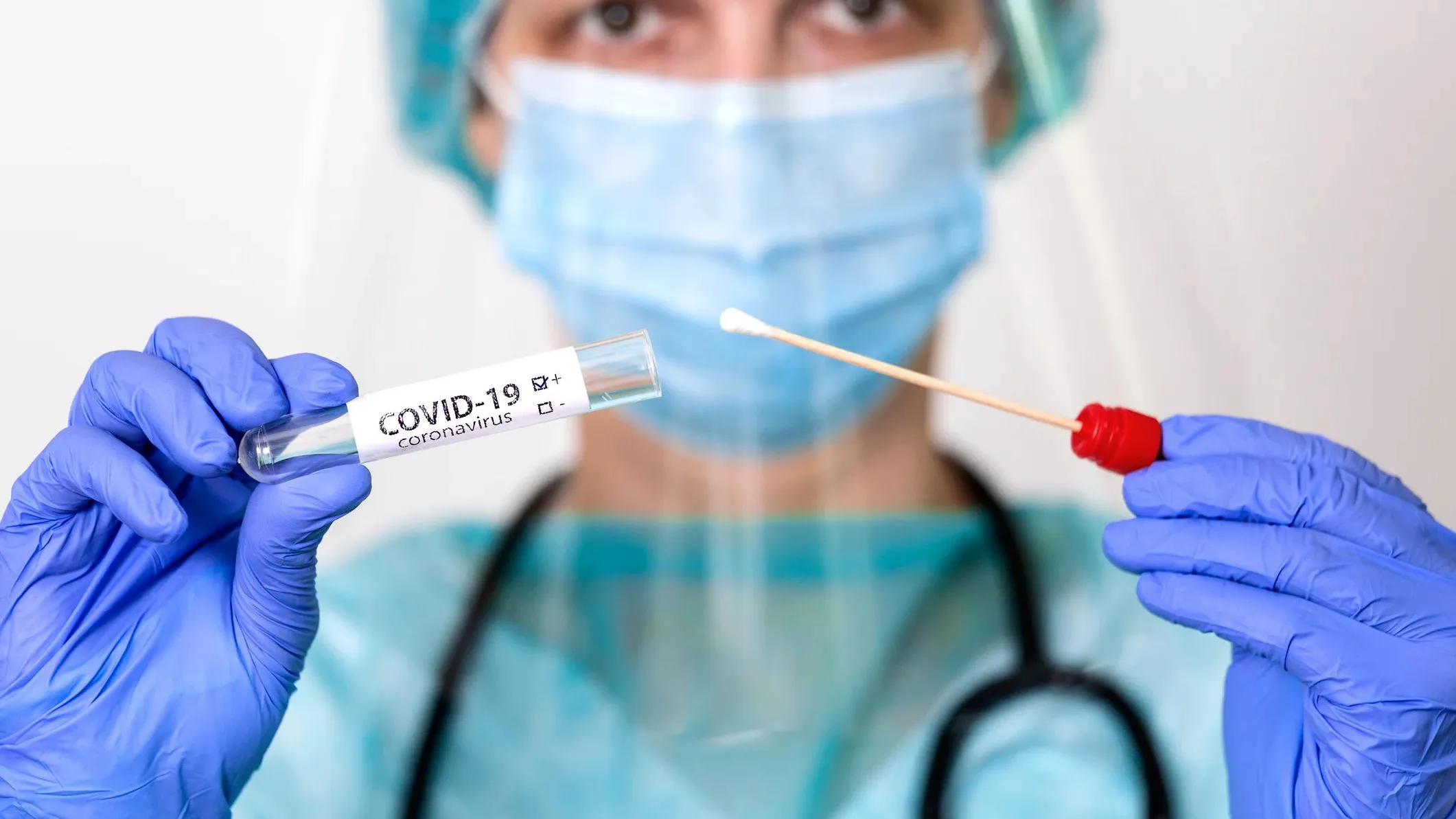As World Food Day approaches, it’s an important reminder of how the food we consume has the power to support health, prevent disease, and enhance overall well-being. The concept of “food is medicine” highlights the idea that certain foods provide more than just basic nutrition; they offer functional benefits that can help prevent, manage, or even treat various health conditions. Increasingly, functional foods and nutraceuticals are gaining recognition for their significant impact on health, backed by scientific evidence.
Functional foods are those that offer health benefits beyond their nutritional value, often because of specific compounds like antioxidants, fiber, or fatty acids. These foods have been scientifically linked to health benefits such as reduced risk of chronic diseases, improved digestion, and better cognitive function.
Nutraceuticals take the concept of “food is medicine” one step further. These products are derived from food sources and offer concentrated doses of active ingredients with targeted health benefits. Turmeric, for example, contains curcumin, a compound known for its potent anti-inflammatory and antioxidant properties. Curcumin supplements are often recommended to help manage inflammatory conditions such as arthritis.
Probiotics, typically found in fermented foods like yogurt and kefir, are another popular nutraceutical. These live bacteria support gut health by maintaining a balanced microbiome, which is crucial for immune function, digestion, and even mental health. Studies have shown that probiotics can help prevent and treat gastrointestinal issues such as irritable bowel syndrome (IBS) and may boost the immune system by enhancing gut-barrier function.
Green tea extract, rich in catechins like EGCG (epigallocatechin gallate), is frequently used in nutraceutical formulations for its wide-ranging health benefits. It has been shown to aid in weight management by enhancing fat metabolism, and its antioxidant properties help protect against cell damage, which is key in the prevention of chronic diseases like cancer and heart disease.
As research continues to explore the connection between diet and health, it becomes clearer that many chronic conditions, from cardiovascular disease to cognitive decline, can be managed or even prevented by incorporating functional foods and nutraceuticals into our diets. While pharmaceuticals have their place, especially in treating acute and severe conditions, the preventive and supportive role of food is undeniable.
World Food Day serves as an ideal moment to recognize that the food we consume every day is more than just fuel—it has the potential to be medicine. By embracing functional foods and nutraceuticals, we can proactively support our health and well-being, fostering a future where food plays an even greater role in medicine.























